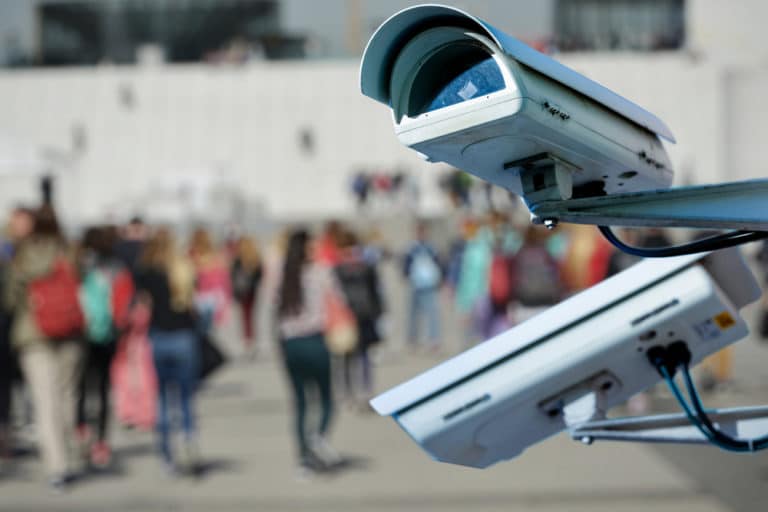The European Union has introduced new regulations for companies developing surveillance technologies. From now on, such companies will need a license to do so.
Before such a license is issued, companies will first need to investigate how their technology might be used to violate human rights, SiliconANGLE writes. This includes techniques such as facial recognition and spyware.
Victory for human rights
Marketa Gregorova, as one of the legislators in the European Parliament, was one of the lead negotiators of the regulation. “Today is a win for global human rights”, she said. “We have set an important example for other democracies to follow. Authoritarian regimes will no longer be able to secretly get their hands on European cyber-surveillance.”
Criticism
The legislation follows years of criticism from human rights advocates. They complained that it should not be possible for companies to sell surveillance technology to countries that did not take human rights very seriously, such as China. According to a report by Amnesty International, three European companies have done so already.
Approval
Under the new legislation, European companies would no longer be allowed to sell such technology without regulation. The legislation has not yet been definitively passed: the European Parliament has to approve it.
Tip: European Council wants ‘master key’ for encrypted messages
